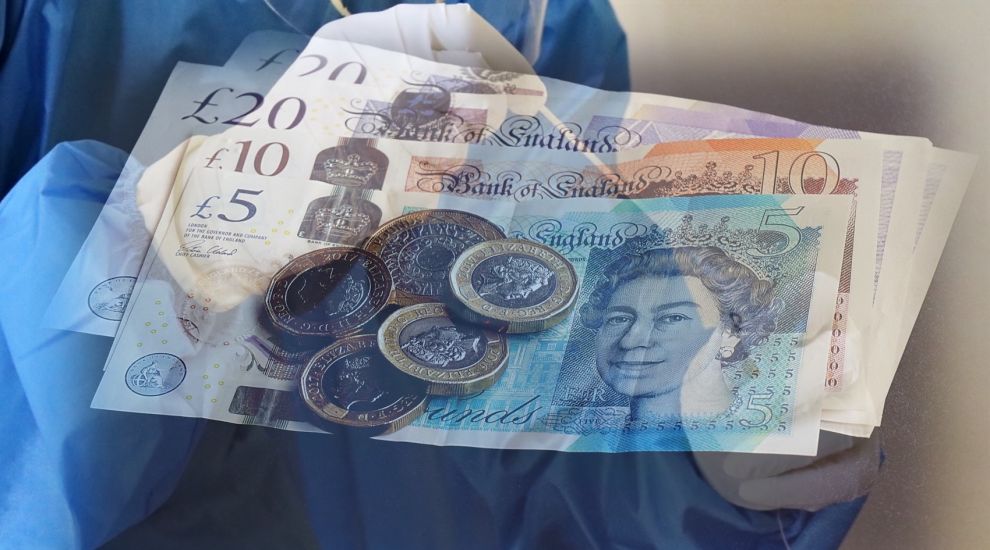


A £36 charge for covid tests for incoming travellers was under consideration by Government earlier this year in an attempt to recover some of the millions spent on the border programme, it has emerged.
Newly released minutes of Scientific and Technical Advice Cell (STAC) meetings have shown that the group was informed that charging for tests could claw back between £7.5m and £10.8m of the anticipated £15m spent on this year's travel testing programme.
A paper was presented to them about the potential move on 15 March, as they discussed a community testing regime that was eventually introduced in May.
Discussing the potential costs of the testing programme, the minutes said the panel noted that “the most significant area was Travel, which was anticipated to cost almost £15 million, based on an assumption around the volume of arriving passengers (220,000 from July to December)."
They were further informed that combined with all other community testing, that "the strategy would provide approximately 1.2 million tests at a cost of £26.3 million for the period from March to December 2021, which represented a saving of £16.4 million from using the current providers and technology."

Pictured: Chair of STAC, Patrick Armstrong MBE, suggested that charging for tests could discriminate against those from a lower socio-economic background and migrant workers.
On the topic of charging incoming travellers, Dr Graham Root, Independent Advisor for Epidemiology and Public Health, suggested that “in light of the age profile of those people who travelled to Jersey, it was possible that fewer tests would be required if proof of full vaccination provided an exemption from testing and isolation requirements.”
Chair of the Cell, Patrick Armstrong MBE, questioned the social implications of charging.
He suggested that charging for testing for travel "could discriminate against those from a lower socio-economic background and migrant workers, who might be less able to afford to be tested, which could act as a disincentive for them to come and work in Jersey, with the associated economic impact.”

Pictured: The Cell were informed that they could potentially recover between £7.5 million and £10.8 million of the anticipated £15m cost for travel testing.
Exploring the separation between visitors and those already living on the island, Chief Economic Adviser Nick Vaughan it might “be necessary to draw a distinction between islanders and those travelling to Jersey and that free testing for visitors would be an implicit subsidy to the tourism sector, which would require further consideration.”
Dr Clare Newman, Senior Policy Officer for Public Health and Wellbeing, noted that "Jersey was the exception in providing testing for free and that most jurisdictions levied a charge, including the Isle of Man, which required a mandatory £150 for the 3 tests, in the absence of which arriving passengers were required to self-isolate for 14 days.”
However, whilst acknowledging the debate, Alex Khaldi, Interim Director of Public Health Policy, clarified that “that the paper sought to provoke thought around the subject of charging, rather than recommending it as policy”, but added that “future work would be undertaken on the principles.”
Around the time of the meeting, Economic Development Minister Senator Lyndon Farnham said that charging for border tests was "likely" in the medium to long-term.
The current programme runs up to December 2021, and Express has asked whether the Government plans to charge beyond this point.
Should they choose to pursue this route, the change should be simple, as the STAC minutes from March note that "work was underway" to create a £700,000 IT solution solution "to meet the requirements of the four new testing programmes, which would provide a charging mechanism, if required."
Guernsey has already implemented testing costs for travel, with all arrivals having to pay £25.
Last year, including IT costs and contact tracing, testing cost Jersey £18.7m.
Comments
Comments on this story express the views of the commentator only, not Bailiwick Publishing. We are unable to guarantee the accuracy of any of those comments.